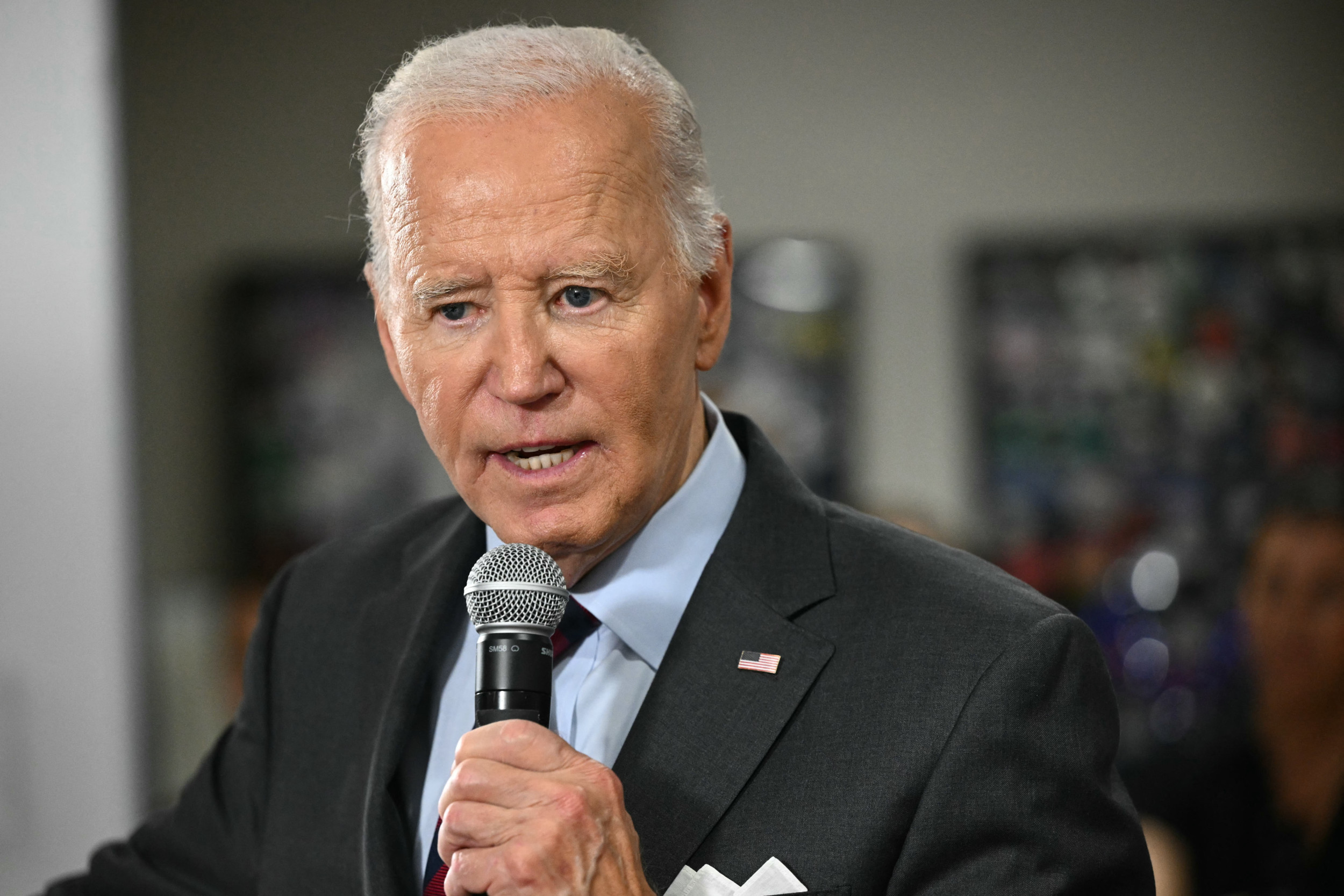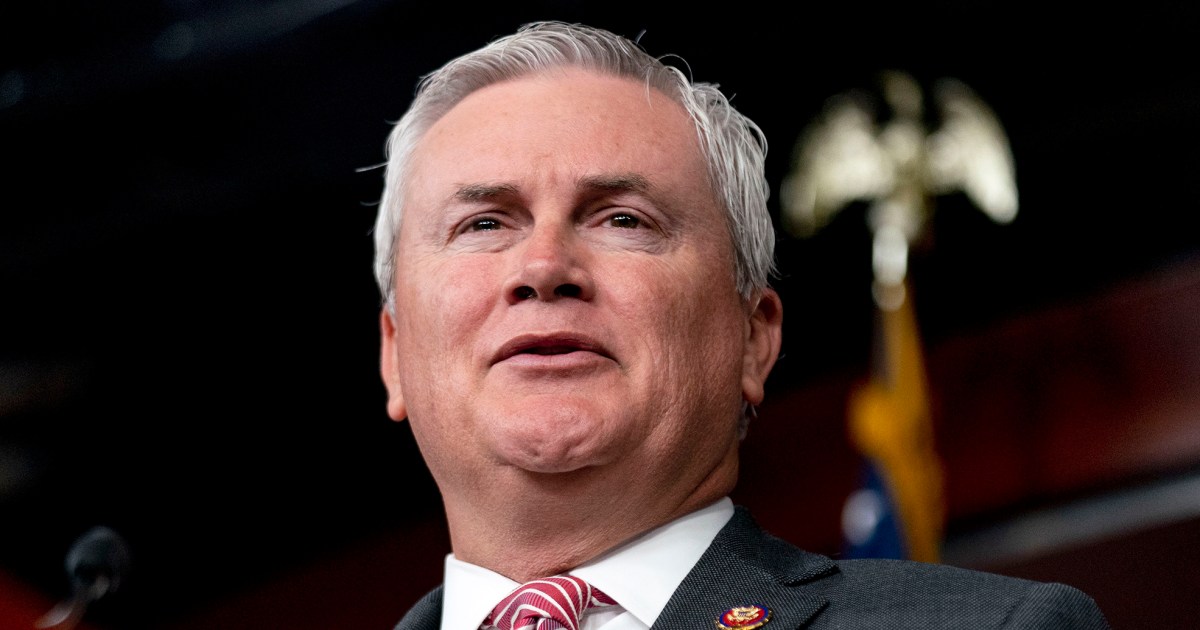As President Joe Biden gathers his personal affairs from the White House in preparation for his departure, he’ll also have to grapple with a huge elephant in the room: whether to pardon his son Hunter.
Ahead of his exit, Biden will at some point meet with Donald Trump, the President-Elect – who appears, at least publicly, to be more amenable to pardoning Hunter than Biden himself is.
While President Biden has tried to quash suggestions he might pardon his son, Trump said in a radio interview in October: “I wouldn’t take it off the books.”
“See, unlike Joe Biden, despite what they’ve done to me, where they’ve gone after me so viciously … And Hunter’s a bad boy.
“There’s no question about it. He’s been a bad boy,” Trump added. “But I happen to think it’s very bad for our country.”
Whether Trump is feeling magnanimous after his resounding presidential victory remains to be seen.
The two presidents’ already-tense relationship was further strained after the 2020 presidential race, when Biden eked out a win.
Trump has frequently launched attacks against Biden, as well as Hunter, whose criminal investigations became a media fixture and gift for the Republican Party.
But Trump has said he would consider a pardon for Hunter, who was convicted earlier this year on felony tax fraud and firearm charges.
Biden pardoning his son himself on his way out of the Oval Office would carry risk for his party.
A pardon could invite a political backlash that would create a new headache for Democrats already grappling with a stunning election loss, fueled in part by the incumbent president’s unpopularity.
White House Press Secretary Karine Jean-Pierre has poured further cold water on the idea, telling reporters on Thursday that Biden does not plan to pardon his son: “Our answer stands, which is no,” reported The Washington Post.
When former Presidents Bill Clinton and Gerald Ford issued pardons, they took considerable political risks.
Clinton famously granted 140 pardons on January 20, 2001, his final day in office, and was forced to defend himself against a fierce backlash and accusations of impropriety. He drew particular ire for his pardoning of Marc Rich, a financier convicted on various federal charges – and whose ex-wife had made political donations and gifts to the Clinton library foundation. Clinton strongly denied that the donations informed his decision.
Ford pardoned the disgraced former president Richard Nixon, the first and only president in history to have resigned the office. Ford would be dogged by claims















